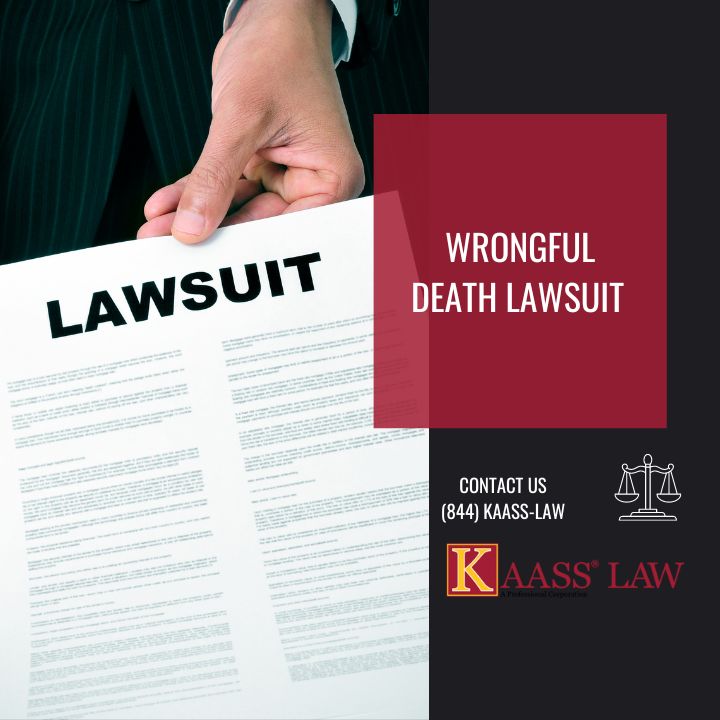A wrongful death lawsuit is a complicated procedure. The family members or survivors of the deceased person may file a wrongful death lawsuit. A lawsuit can be filed if the death was caused by the wrongdoing or negligence of another. For the losses of the survivors, recompense is sought in this kind of case. Loss of companionship missed payments, and burial costs are just a few examples of the several kinds of losses that can occur.
Who May Bring a Lawsuit?
You can bring a wrongful death lawsuit if a loved one dies as a result of someone else’s misconduct. A few examples of such an at-fault person include:
- Driver in an automobile accident
- The bartender who served someone alcohol will then operate a vehicle
- The doctor or another healthcare specialist
- Business owners who failed to maintain their property
Wrongful death laws vary from state to state. Therefore, the state’s statutes often specify who may file a claim for wrongful death and set monetary limits on damages. These cases are to help widows and orphans by giving them financial support.
Application of Wrongful Death Claims
Wrongful death claims may be pertinent when a victim who could have legitimately filed a personal injury claim against the other party dies as a result of the negligent act. This might happen under a variety of conditions, like the ones listed below:
- Murder with malice aforethought
- Malpractice
- Automobile collision
- Motorcycle accident
Wrongful Death Filing: Key Elements
Cases involving death have to meet conditions:
- Another person’s carelessness or malicious intent to hurt the deceased is the reason for the death
- Financial losses for the remaining family members due to the death
- The selection of a legal attorney to handle the decedent’s estate
The limitation period for the area where the deceased passed away specifies how long you have to submit a wrongful death claim. If a death investigation takes longer than expected to identify the reason for the incident, you may still submit a claim.
Damages in Wrongful Death Lawsuit
The primary measurement of damages in a wrongful death lawsuit is financial. This category of damages includes lost services, support, medical costs, funeral costs, and the chance to inherit something.
The majority of states uphold negligence laws that specify who qualifies for damages and what kinds of damages a court may grant. Frequently, each state will stipulate that the verdict in a wrongful death case serves as just recompense for the monetary losses brought on by the deceased person’s passing.
A person who is a co-owner of a decedent’s estate may be entitled to compensation for funeral and medical expenses that they paid for or assume responsibility for. A damage judgment could also include interest charges dating back to the decedent’s passing.
Settlement Amounts for Wrongful Death
Age is one of the factors that will determine compensation. Therefore, damages like medical expenses, cemetery, and funeral costs, and the cost of your suffering and pain as calculated by applying the multiplication or per diem approach will all be taken into account.
The at-fault party’s insurers will send a check to your attorney for the full amount of the settlement when a wrongful death lawsuit is over. After deducting their fees and other legal expenses, your attorney will send a cheque for the remainder to the surviving family members in accordance with the settlement agreement. The estate executor may also receive the check from them.
Contact a Los Angeles Attorney Today
If your loved one was a victim of someone’s negligence which resulted in wrongful death, you should talk to a lawyer as soon as possible. Since there is a statute of limitation for a wrongful death claim. For a consultation right away, contact Kaass Law at (310) 943-1171. Visit our other website for more information.


Pingback:Fatal Slip and Fall Accident: Landlord Negligence - KAASS LAW
Pingback:What Is the Difference Between Murder and Wrongful Death? - KAASS LAW
Pingback:Statute of Limitations for Wrongful Death in California - KAASS LAW